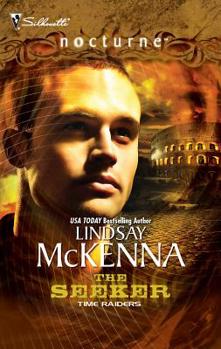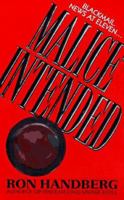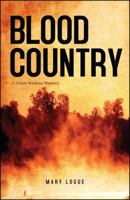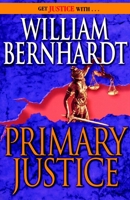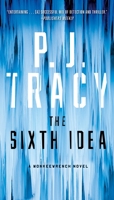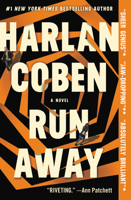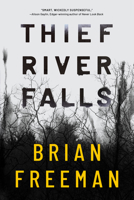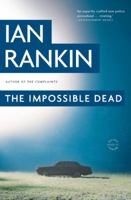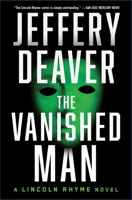You Might Also Enjoy
Book Overview
Delia Sebastian is a trained historian and psychic. Former army captain Jake Tyler is her swaggering ex-lover, who can read her most intimate thoughts--and desires. Together they will make the risky leap back to 44 BC to infiltrate the court of Julius Caesar by posing as Grecian mercenaries. But with assassins everywhere, will old passions reignite to undermine their cover...leaving them trapped in history forever?
Format:Mass Market Paperback
Language:English
ISBN:0373618166
ISBN13:9780373618163
Release Date:July 2009
Publisher:Harlequin Nocturne
Length:288 Pages
Weight:0.32 lbs.
Dimensions:0.8" x 4.2" x 6.6"
More by Ron Handberg
Customer Reviews
2 customer ratings | 2 reviews
Rated 4 starsenjoyable romantic science fiction
By Thriftbooks.com User,
Time raiders Delia Sebastian and Jake Tyler are assigned to work together in finding the first piece of an alien artifact the Karanovo Bronze Seal in ancient Rome during the time of Julius Caesar. Delia does not want to go with Jake as her partner as she has a past with him that left her hurt. On the other hand, Jake looks forward to spending time with her. Their Italian vacation posing as Grecian mercenaries proves dangerous...
0Report










